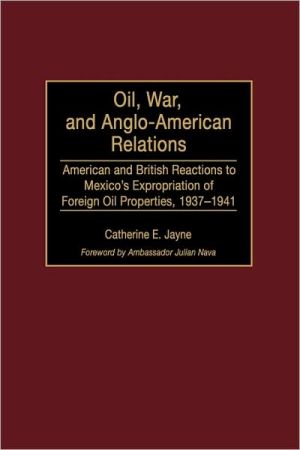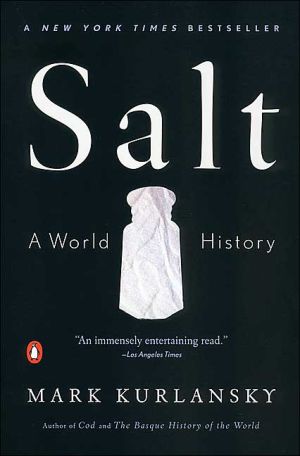Oil, War, And Anglo-American Relations, Vol. 19
The Mexican expropriation of British and American properties in March 1938 marked the first time any oil-producing country successfully stood up to foreign companies who claimed to own oil properties in that country and who had the support of their respective governments. Totally reliant on overseas oil at a time when war seemed imminent, British officials responsible for policy toward Mexico immediately emphasized the importance of preventing other oil-exporting nations from following...
Search in google:
The Mexican expropriation of British and American properties in March 1938 marked the first time any oil-producing country successfully stood up to foreign companies who claimed to own oil properties in that country and who had the support of their respective governments. Totally reliant on overseas oil at a time when war seemed imminent, British officials responsible for policy toward Mexico immediately emphasized the importance of preventing other oil-exporting nations from following Mexico's lead. Washington also sought to make an example of Mexico—one that would guarantee respect for U.S. businesses operating abroad.Although both Washington and London wanted to return to the pre-expropriation status quo, Washington was unwilling to work with London to achieve this goal, and Washington's attitude paralleled its reaction to British efforts to get U.S. support on certain defense issues during this critical period. The resulting Anglo-American strife over how to handle Mexico was also consistent with Anglo-American commercial competition and the oil rivalry in Mexico early in the century. Booknews Analyzes US and British policies on Mexican oil from 1937, when the Mexican oil workers started to strike, until the US agreement with Mexico in late 1941. Shows that the issue of Mexican oil was a problem in Anglo-American relations at a time when strategic issues were becoming more important to both governments, and shows that Britain's desperation to secure oil supplies and its reliance on the US to take the lead in dealing with Mexico paralleled Anglo-American relations over how to handle issues of defense before the US entered WWII. Jayne is an independent scholar. Annotation c. Book News, Inc., Portland, OR (booknews.com)
IntroductionSetting the StageAnglo-American Tension before the Expropriation: November 1936-March 1938Washington's Reaction to the Expropriation: March 1938-November 1938The Reaction of Whitehall and the Oil Companies: March 1938-November 1938The Boycott: March 1938-September 1939U.S. and Oil Company Policy after the Agrarian Settlement: November 1938-May 1940The American Settlement: May 1940-October 1943Britain and the American Settlement: May 1940-June 1943ConclusionDramatis PersonaeBibliography
\ BooknewsAnalyzes US and British policies on Mexican oil from 1937, when the Mexican oil workers started to strike, until the US agreement with Mexico in late 1941. Shows that the issue of Mexican oil was a problem in Anglo-American relations at a time when strategic issues were becoming more important to both governments, and shows that Britain's desperation to secure oil supplies and its reliance on the US to take the lead in dealing with Mexico paralleled Anglo-American relations over how to handle issues of defense before the US entered WWII. Jayne is an independent scholar. Annotation c. Book News, Inc., Portland, OR (booknews.com)\ \








